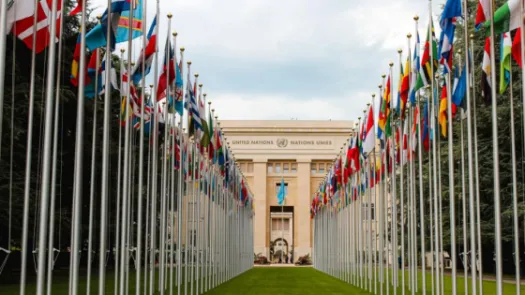Safeguarding Peoples' Dignity
The promises made with innovation have not been enjoyed by all equally. Innovative solutions can be designed to empower and serve individuals and communities, rather than state and corporate power. A new approach to data and technology must be established to make this a reality.
Whilst innovation in technology and data processing have provided individuals and communities with new opportunities to exercise their fundamental rights and freedoms, this has not come without risks, and these opportunities have not been enjoyed by all equally and freely. Our relationships and interactions with governments and industry have increasingly dependent on us providing more and more data and information about ourselves. And, it is not only the information we provide knowingly that are integrated into our relationship with the systems. Because of the way these systems are designed, every single interaction generates and process vast amounts of data about the transaction itself.
Our agency and autonomy, as individuals or communities, varies as those power dynamics often mean that we are merely passive actors of a pre-defined system for which the specificities and rules have been set by others. And there are few or no safeguards to rein in the potential for surveillance exploitation which instead of empowering us is exposing us emerging threats and risks. This is of particular concern for people and communities who are inherently disadvantaged within our socio-economic and political ecosystem.
This strategic programme aims to safeguard peoples' dignity by challenging current power dynamics, and redefining our relationship with government, companies and within our own communities. Innovative solutions can be designed to empower and serve individuals and communities, rather than state and corporate power.
A new approach to data and technology must be established to make this a reality and we've decided to approach it through four strategic interventions:
What we do
Large amounts of data are being requested from migrants, from their fingerprints to their digital data trails, to identity their credibility and worthiness, and to monitor, track, and profile them.
An identity system should give people the ability to make and prove claims about themselves without divulging any unnecessary information to any party, free from concerns about being tracked, monitored, and having data exploited.
Governments are embracing systems that would enable them to progressively realise social, economic and cultural rights; many of these systems interfere with individuals’ privacy.
The business choices made by industry are resulting in individuals and communities being exposed to unwarranted threats.



